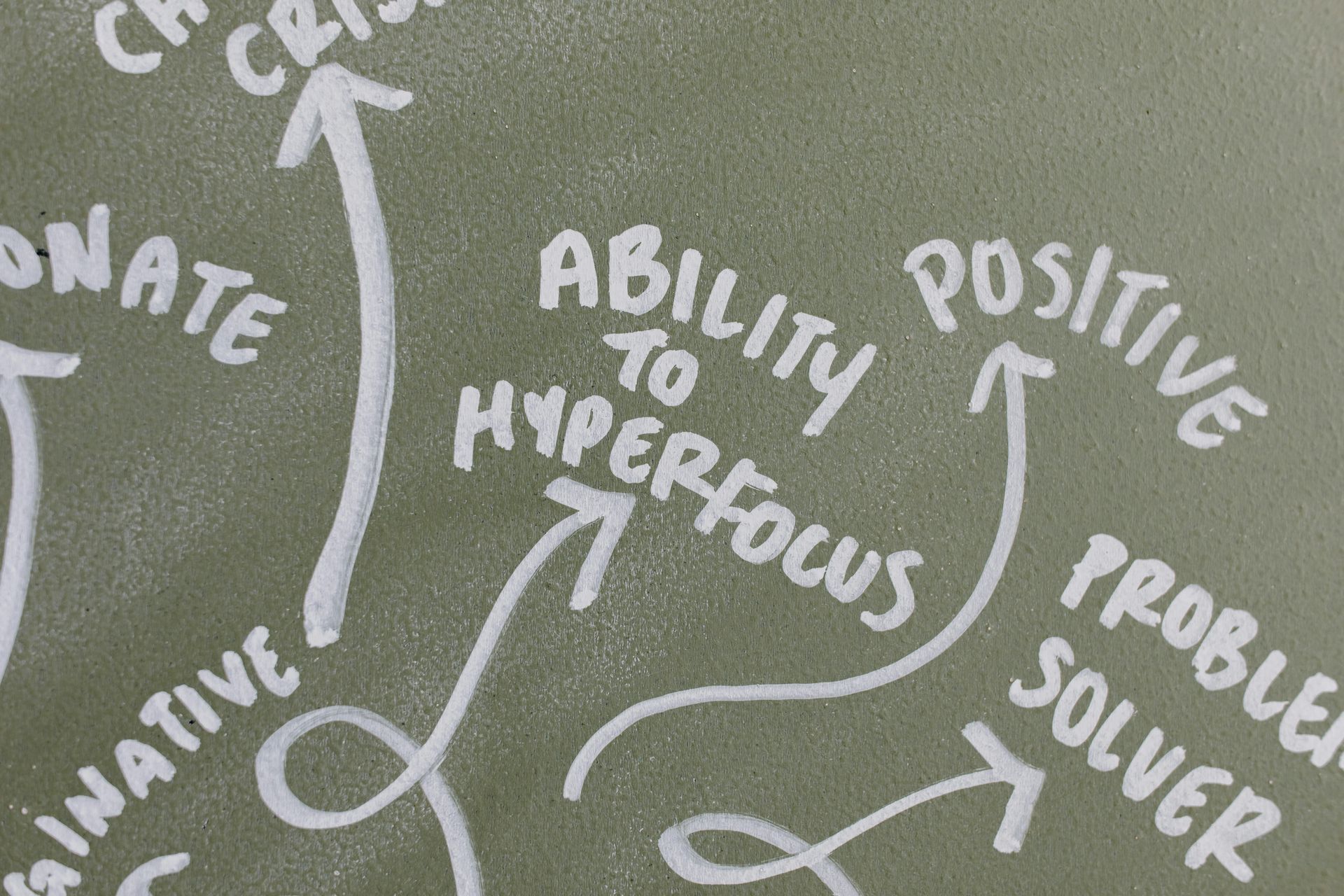Be honest about predictability in complex initiatives
Success of complex initiatives depends on acknowledging uncertainty. It might be useful to avoid the term of "managing uncertainty" because the tradition is to expect mitigation that would defend "the plan". The proposition is that high certainty plans and managed uncertainty are dichotomous. Instead, one should embrace the uncertainty - understanding and navigating through chaos does not mean accepting anarchy. One simply needs to fully live up to agile manifesto and the cultural principles of the scientific method - “You must not fool yourself, and you are the easiest person to fool”.
Whichever pattern is adopted for handling complexity, one needs to be informed about the degree of uncertainty. The instinct is to reflect state of affairs through data . Such approach can lead to micro-level tracking and noise. Nuances of "what does the data mean?" are hard to decipher. Teams tend to modify their behaviour in order to adapt to measurement requirements. As a result, real issues can be obfuscated even further. Management runs high risk of inadvertently sponsoring a "TPS report".
A better alternative does exist. Let teams broadcast raw grass roots experiences. Initial noise will be counteracted by teams themselves, as they travel through the maturity curve. In a short enough time, broadcast experiences will become directly consumable. Engaged and self organising teams will cleanup data way better than any middle management or algorithms. Embrace radical transparency if you want to be truly agile.



